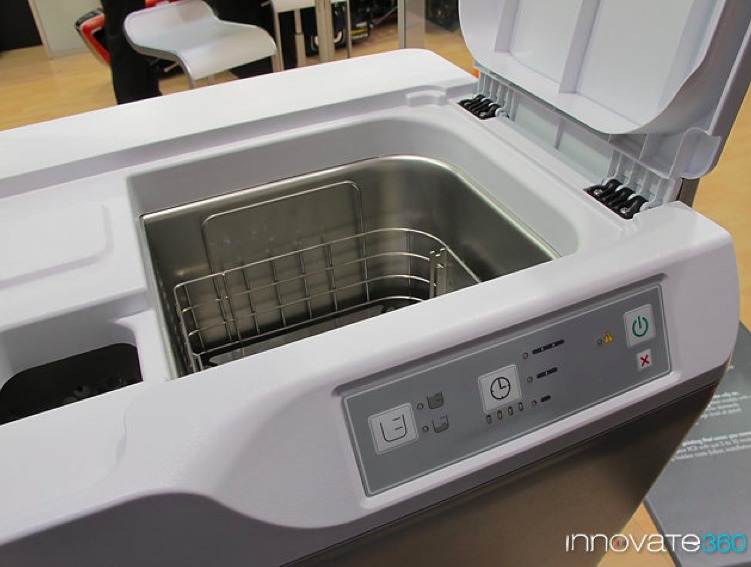Covestor model: All Cap Value
Dislcosure: Long HPQ, DWA
As my objective is to build long-term wealth, I don’t focus too much on the result of the monthly horserace between my portfolio and the S&P 500. I’m a firm believer in Ben Graham’s famous maxim that the market is a voting machine in the short-run and a weighing machine in the long-run. The relevant statistics for the All-Cap Value model’s performance can be found on the model’s Covestor page. As of the end of February, the model’s performance has been satisfactory in the brief period since its inception on August 12th, 2011 – up 6% vs. the S&P 500 through March 1, 2002.
In the final trading session of February, investors voted with their feet against the shares of DreamWorks Animation (DWA). The stampede pushed the shares down 12.16% on disappointment with the firm’s fourth quarter earnings report. The shares closed out the month at $17.26, a little over 3% below my entry price of $17.84. After listening to the conference call and examining the 10-K, I don’t perceive any deterioration in the firm’s long-term earnings power. DreamWorks has not yet fully resolved the revenue challenges surrounding changes in the DVD sales market and it has not yet made a decision on distribution. On the plus side, the firm entered a joint venture agreement with three Chinese firms to form Oriental DreamWorks, “the leading Chinese branded family entertainment company.” DWA’s contribution will be mostly intellectual property, while the Chinese entities will contribute most of the cash. Management takes the long view, and I still believe that they are up to the challenges that they face, but the market does not abide uncertainty.
If the market is impatient with DreamWorks, it downright hates All-Cap Value Model holding Hewlett-Packard (HPQ). Vitaliy Katsenelson does a good job of explaining both why the stock is so hated and why rational long-term investors should hold their noses and buy it anyway.
The crux of the matter is that even after its putrid fiscal first quarter performance, HPQ still has a trailing twelve month free-cash flow yield of 12.68%, measured as cash from operations per diluted share less capital expenditures per diluted share divided by February’s closing stock price. Most of the firm’s free cash flow was burned on overpriced acquisitions in 2010 and 2011, but new CEO Meg Whitman and the board have pledged to avoid large acquisitions going forward.
While HPQ has also made a number of mistakes at the operating level, nothing catastrophic has occurred in any of its business units, and the firm is still well positioned in the markets in which it competes.
DreamWorks and Hewlett-Packard are both representative of the types of opportunities that I believe provide investors with the most rewards for the least risk: stocks of firms with strong competitive positions that have fallen out of favor with the market due to temporary, fixable setbacks.
To quote Buffett, “A great investment opportunity occurs when a marvelous business encounters a one-time huge, but solvable problem.” While I am a follower of the Oracle, I don’t believe that Buffett must always be taken literally, so sometimes I will settle for a very good business with a couple of smaller solvable problems, provided that the price is really right.




